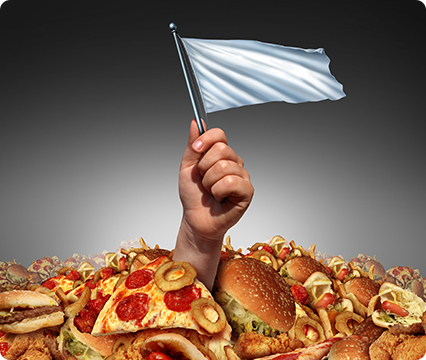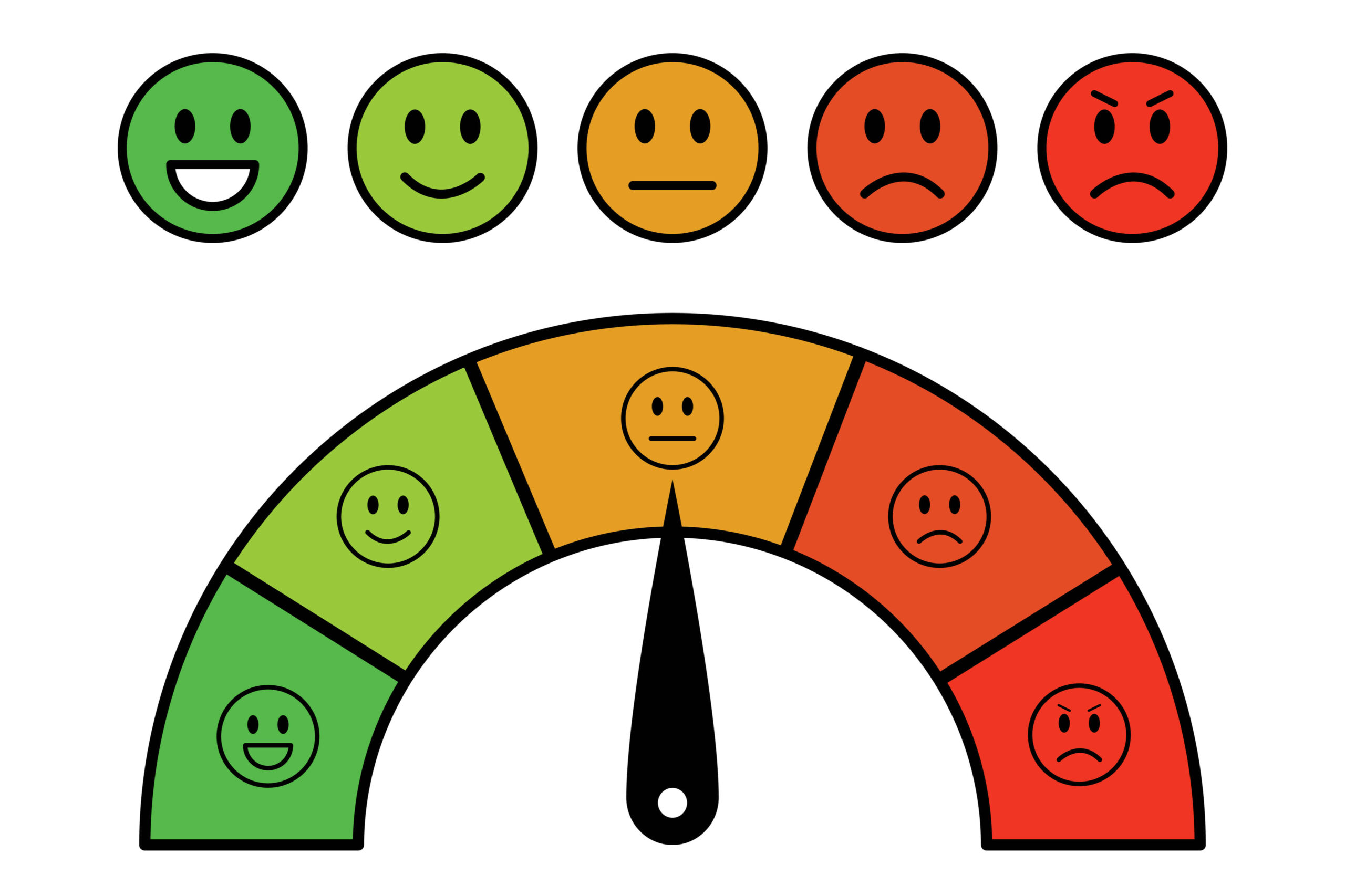Investigating Emotional Reactivity and Inhibitory Control in Nutritional Choices Among University Students
This research examines the nutritional behaviors of university students, revealing a discrepancy between their eating habits and national dietary guidelines. Previous studies have primarily focused on the correlation between unhealthy eating and obesity; however, this study emphasizes that avoiding unhealthy foods does not guarantee adequate intake of essential nutrients. The study involved 42 non-obese female students who were subjected to visual stimuli of healthy and unhealthy food after an average fasting period of 7.5 hours. Resting heart rate variability (HRV) was measured as an indicator of self-regulation to explore its relationship with emotional reactivity and inhibitory control, as well as its influence on nutritional habits. Emotional responses were quantified through assessments of valence, arousal, and craving during a free viewing task, while inhibitory control was evaluated using an emotional Go/NoGo task. Additionally, data on hunger, nutritional habits, and frequency of physical activity were collected. Results indicated that images of unhealthy food elicited higher levels of pleasantness, arousal, and craving compared to images of healthy food, revealing a stronger appetitive motivation towards unhealthy options. Emotional reactivity was influenced by hunger and fasting duration, depending on the type of food presented. Higher HRV was associated with slower reaction times to Go stimuli across all food types except for fruits and vegetables. Furthermore, HRV and physical activity were found to have a negative correlation with the habitual consumption of sweet junk food, while showing a positive correlation with the intake of fruits and vegetables. These findings provide new insights into the mechanisms of dietary self-regulation among non-obese female students, underscoring the importance of resting HRV and physical activity in fostering healthy dietary practices and curbing junk food consumption. [NPID: emotional reactivity, inhibitory control, eating habits, HRV, physical activity]
Year: 2025
 Navigation
Navigation









